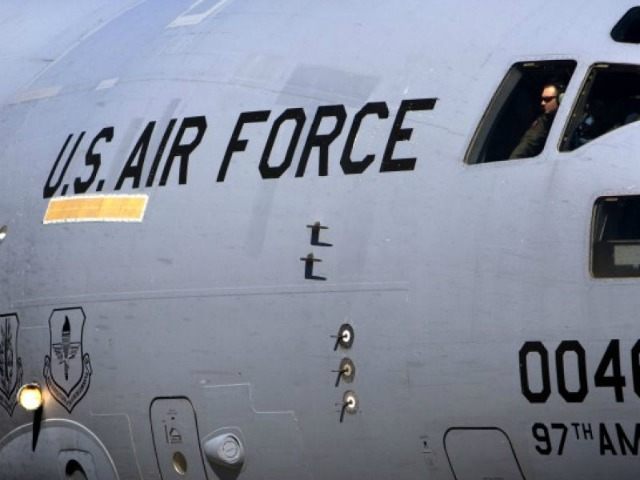Stress is burning out many American drone operators, forcing the Air Force to trim the number of daily flights amid an insatiable demand for the services of unmanned aircrafts in support of ongoing U.S. military operations, reports The New York Times.
The Air Force is expected to cut back flights by armed surveillance drones to 60 a day by October from a peak of 65, in an effort to cope with crew members who are abandoning their role as drone pilots.
Citing Air Force officials, the Times notes that the service will lose more drone pilots “worn out by the unique stresses of their work” than they can actually train.
Col. James Cluff, the commander of the Air Force’s 432nd Wing, which runs the drone operations from Creech Air Force Base in Nevada, an estimated 45 miles northwest of Las Vegas, reportedly said, “We’re at an inflection point right now.”
He added:
Having our folks make that mental shift every day, driving into the gate and thinking, “All right, I’ve got my war face on, and I’m going to the fight,” and then driving out of the gate and stopping at Walmart to pick up a carton of milk or going to the soccer game on the way home — and the fact that you can’t talk about most of what you do at home — all those stressors together are what is putting pressure on the family, putting pressure on the airman.
According to the Times, Air Force drone missions have increased tenfold in the past decade. As a result, operators are being pushed “to meet the insatiable demand for streaming video of insurgent activities in Iraq, Afghanistan and other war zones, including Somalia, Libya and now Syria.”
Since August, unnamed officials told the newspaper, Predator and Reaper drones have carried out 3,300 sorties and 875 missile and bomb strikes against ISIS in Iraq alone.
The CIA may be affected by the reduction in drone flights given that the agency “has used Air Force pilots to conduct drone missile attacks on terrorism suspects in Pakistan and Yemen,” added unnamed U.S. officials.
Moreover, the slowdown comes just as ISIS military advances require more aerial surveillance and counterattacks.
“Some top Pentagon officials had hoped to continue increasing the number of daily drone flights to more than 70,” reports The New York Times.
However, an Air Force official reportedly said that Pentagon chief Ashton Carter “signed off on the cuts after it became apparent that the system was at the breaking point.”
After completing their obligation to the Air Force, a significant number of the 1,200 pilots are not choosing to stick around, something the article described as the “biggest problem.”
Many feel “undermanned and overworked,” troubled by their schedules and minimal chances for academic breaks or promotions, said Col. Cluff in a recent interview, according to the Times.
The training program is also failing to produce the necessary number of new pilots needed by the service.
Furthermore, the private sector is attracting former drone pilot, offering them four times the salary they earn working for the Air Force, which doubled the incentive pay to $18,000 annually in an attempt to retain the operators.
Pentagon officials expected the need for drone operations to go down as U.S. troops withdrew from Afghanistan.
However, Col. Cluff said, “The world situation changed” with the rapid emergence of ISIS, and the demand for the drones increased again.

COMMENTS
Please let us know if you're having issues with commenting.